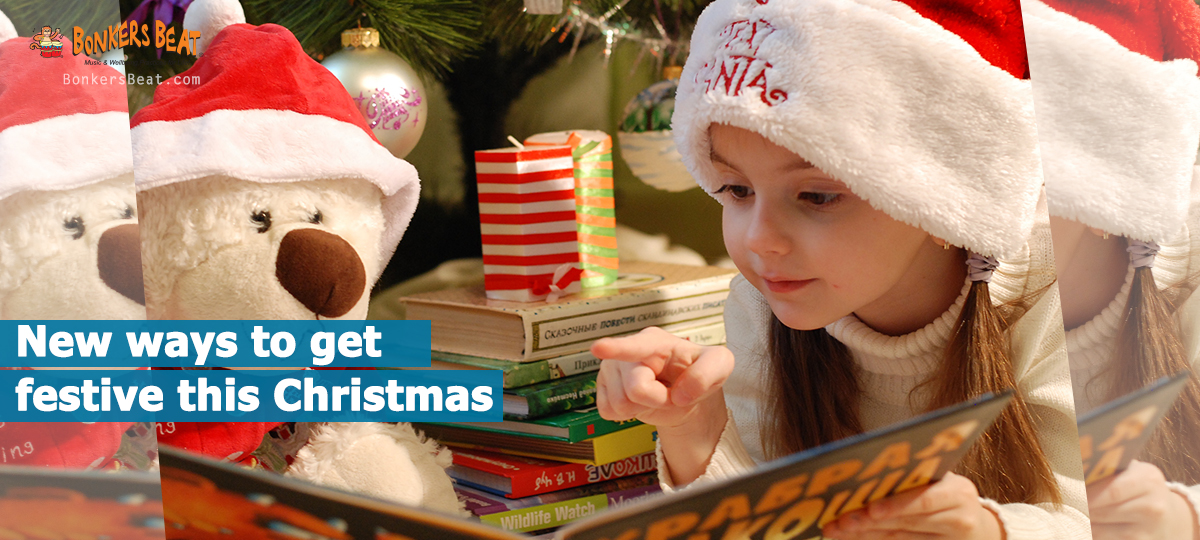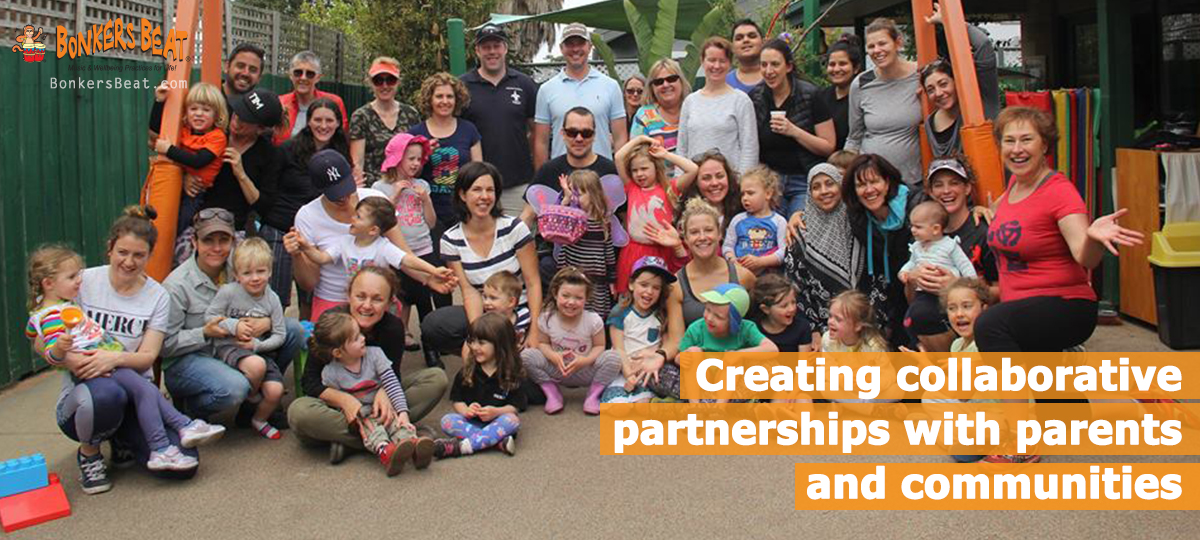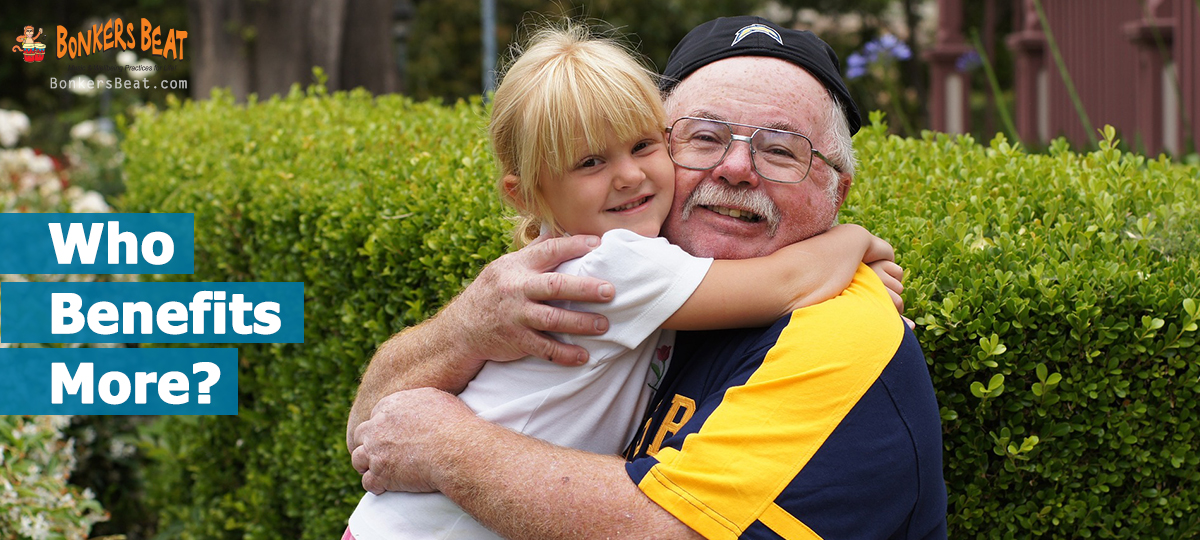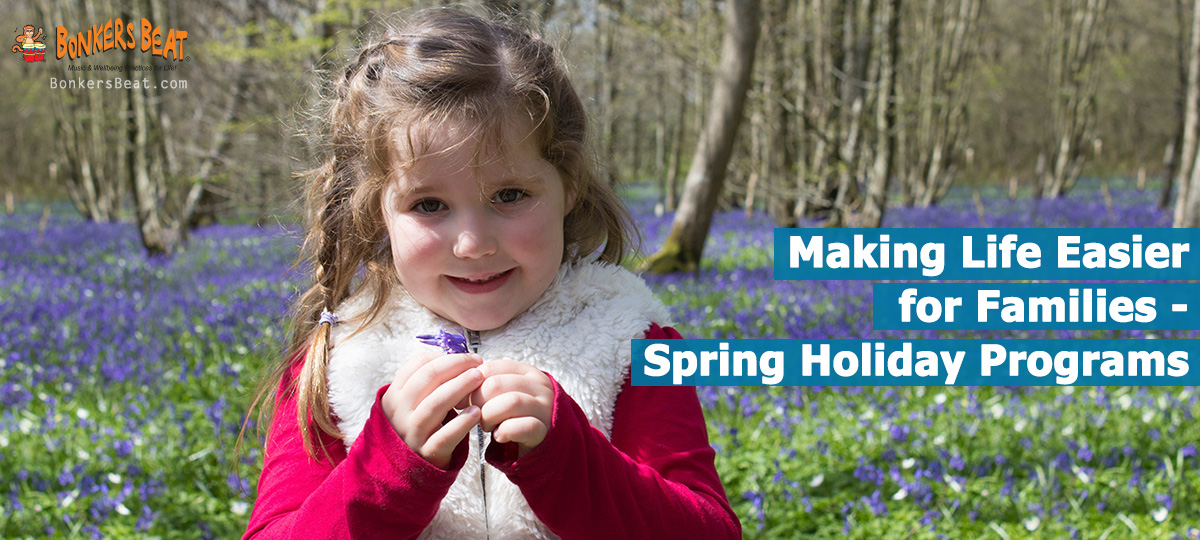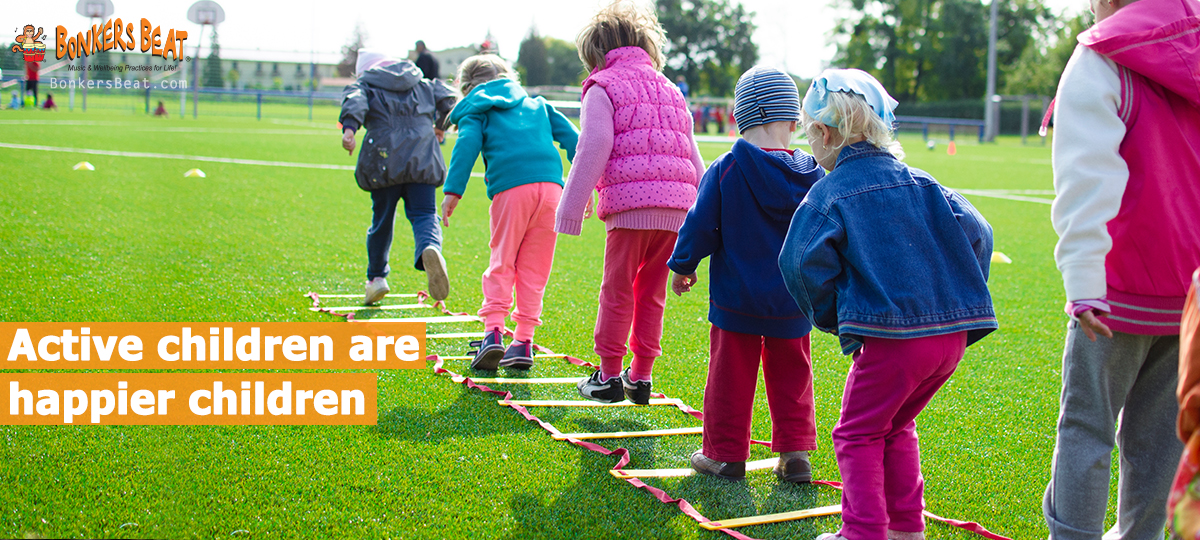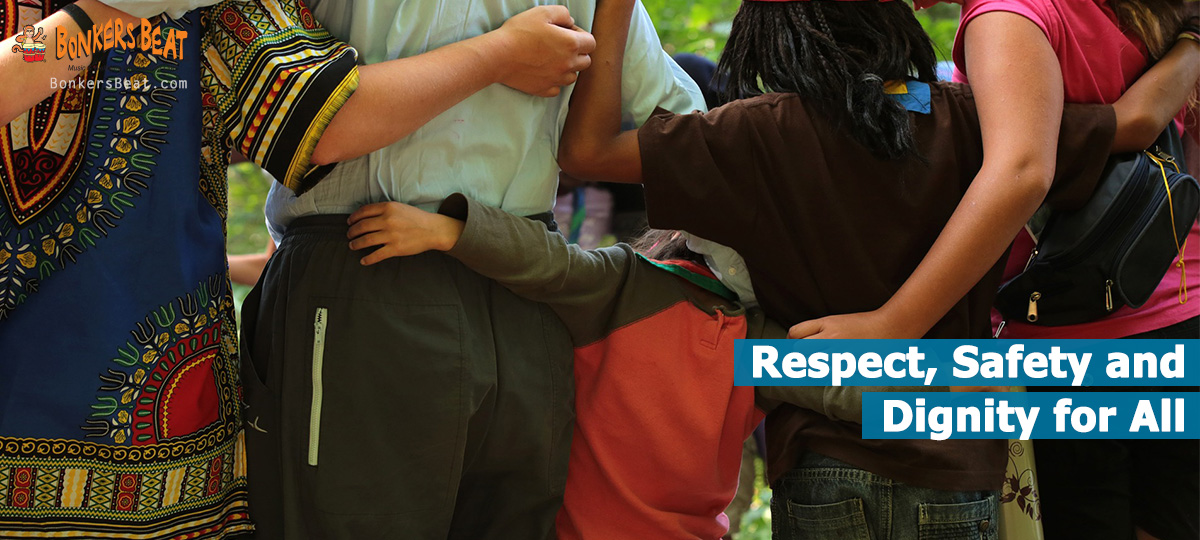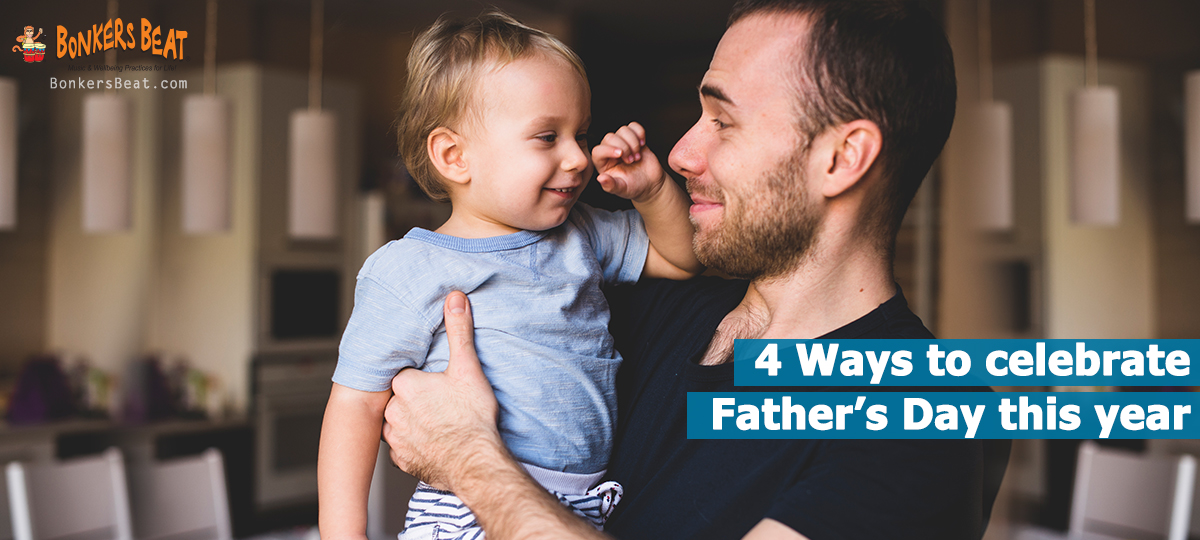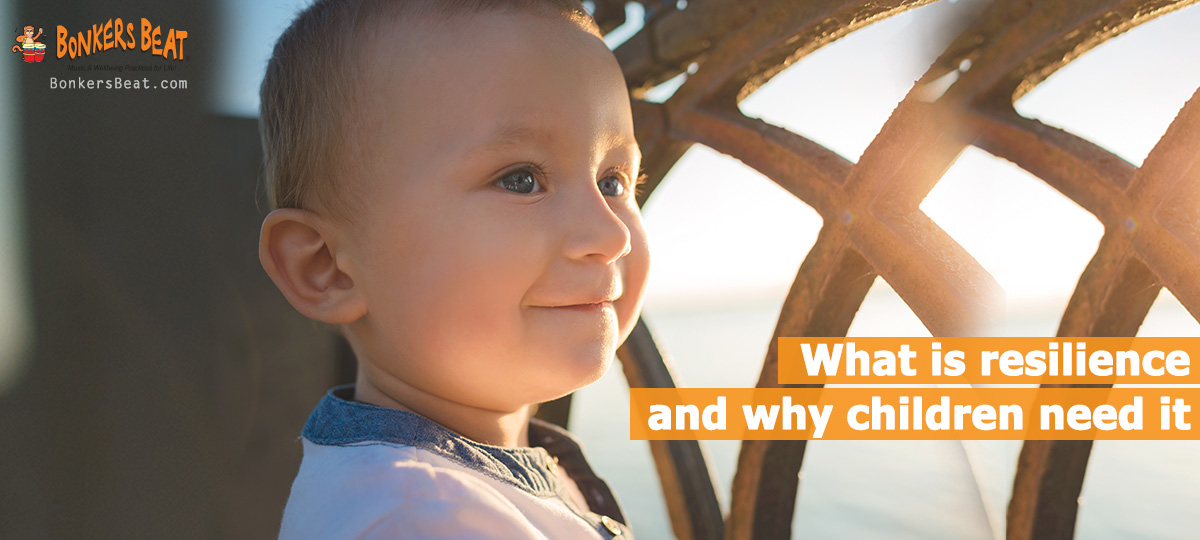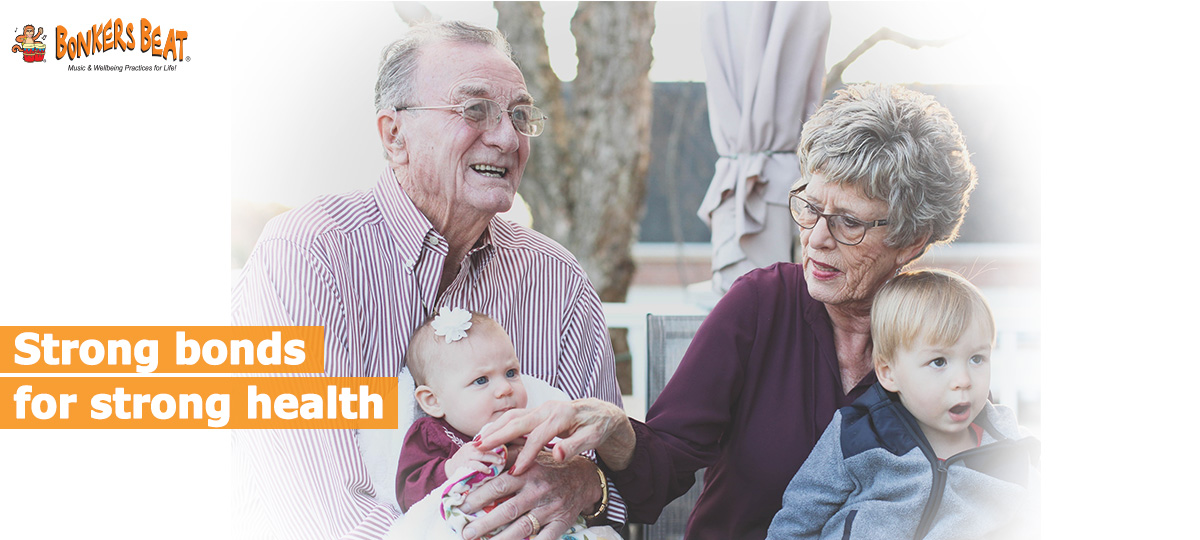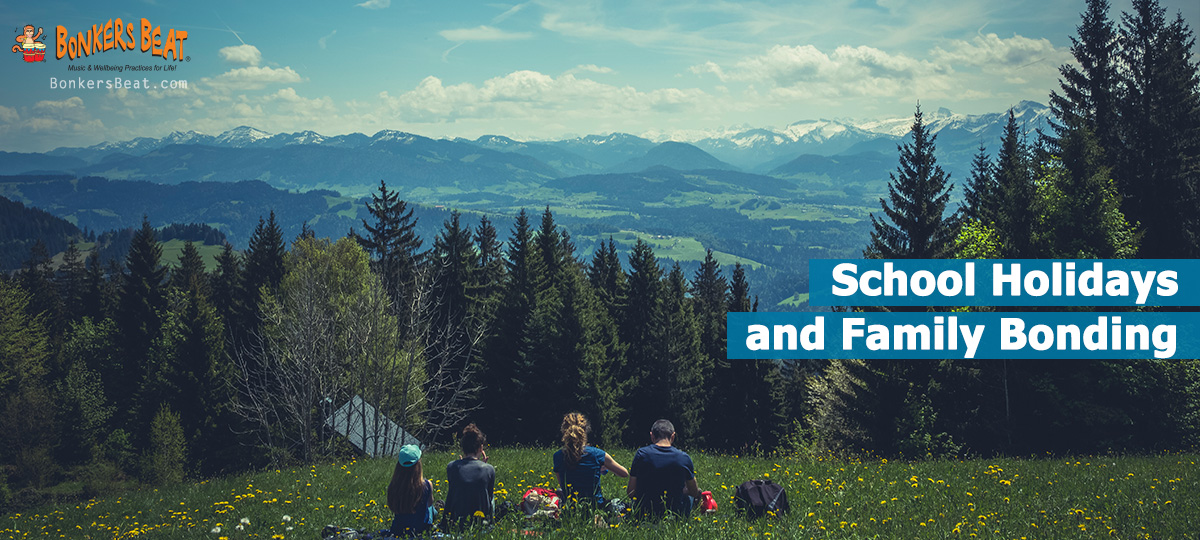In the lead up to Christmas, we are often all looking for new ways to celebrate.
Christmas in childcare is an exciting time – after all, no one anticipates the arrival of Christmas morning quite like young children! As early childhood educators, we get to contribute to that excitement and can help them create something special to share with their families.
If you’re looking for some fresh activities and craft ideas, look no further! We’ve done the research for you and gathered a bunch of resources to keep your centre Christmassy right through until December 25!
Ideas for Christmas fun
Handprint Christmas cards: A gorgeous, personalised Christmas card that doubles as a keepsake so parents don’t forget how little those hands once were.
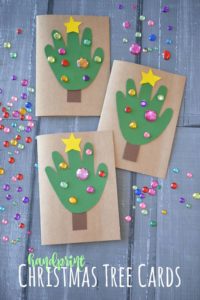
Dancing Santa: Using these printables, cut them out and children can create a dancing Santa! Use your choice of paint, crayons, pencils or markers to create Santa’s iconic red suit. A bit of glitter is always fun too!
Tree decorations: There are a million tree decorations children can make, so let your imagination take charge here. Styrofoam balls can be a good starting point or try cardboard shapes, or even icy pole sticks.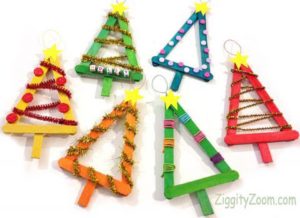
Paper plate angels: A paper plate, folded in on each side, a card circle for a face and two card handprints cut out as wings. Perfect for the top of the Christmas tree!
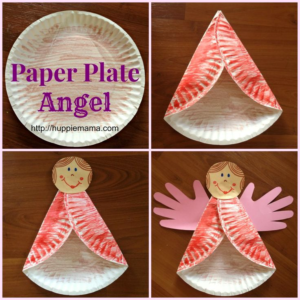
Christmas colouring in: There’s nothing wrong with some quiet colouring in time, but why not make it Christmas themed this time of year.
As always, when celebrating the festive season in your centre, be mindful of individual children and their families’ varying beliefs and traditions. In some centres, it may be necessary to provide variations on your Christmas celebrations to ensure you are culturally inclusive.
Christmas songs: Christmas wouldn’t be complete without singing Christmas songs! This special song is a gift from Bonkers to you to help you celebrate the magic of Christmas with children. Click here to access ‘Ring the Bells’.
If you have some special ideas to share for celebrating Christmas in childcare centres, share with us on Facebook!

